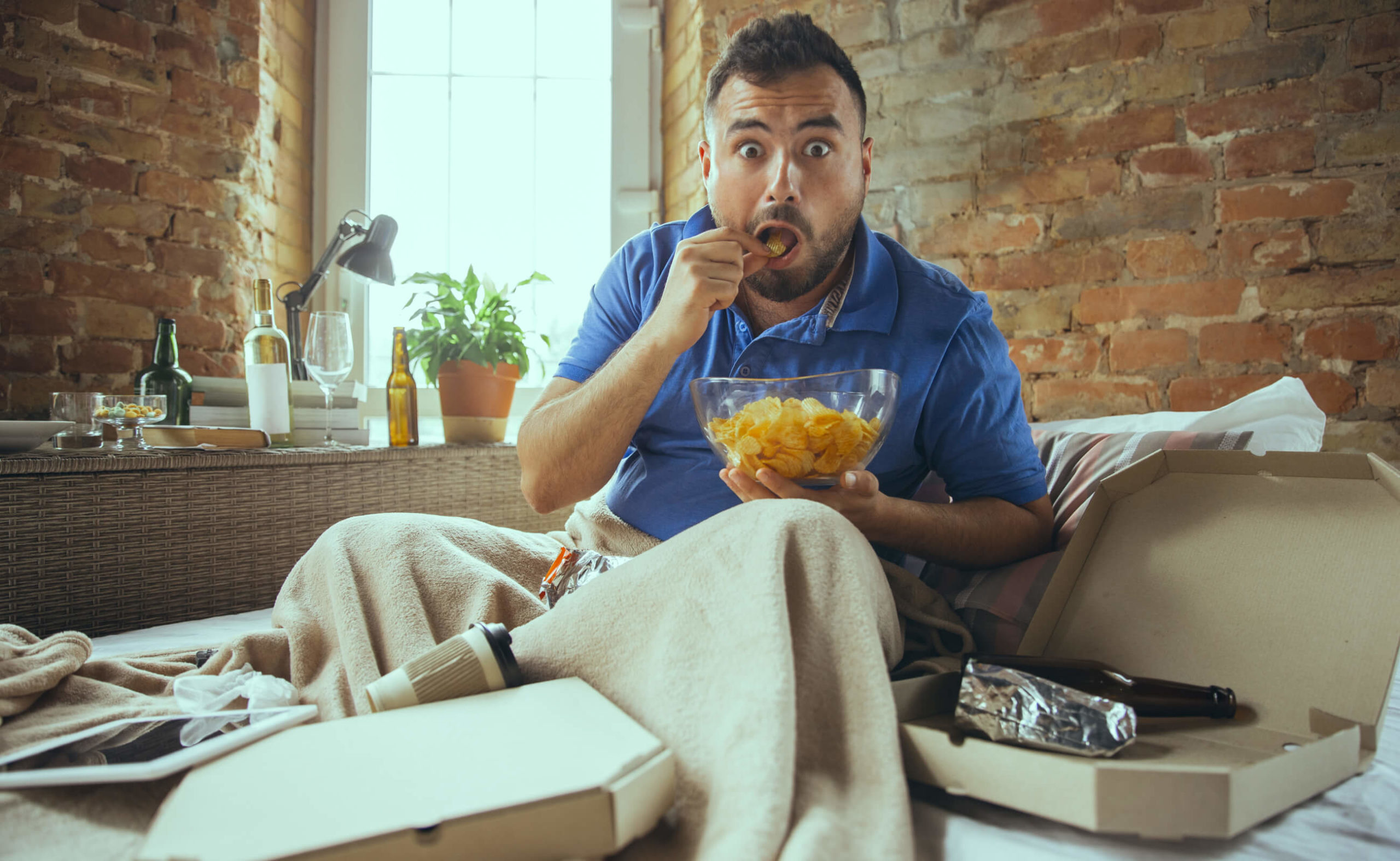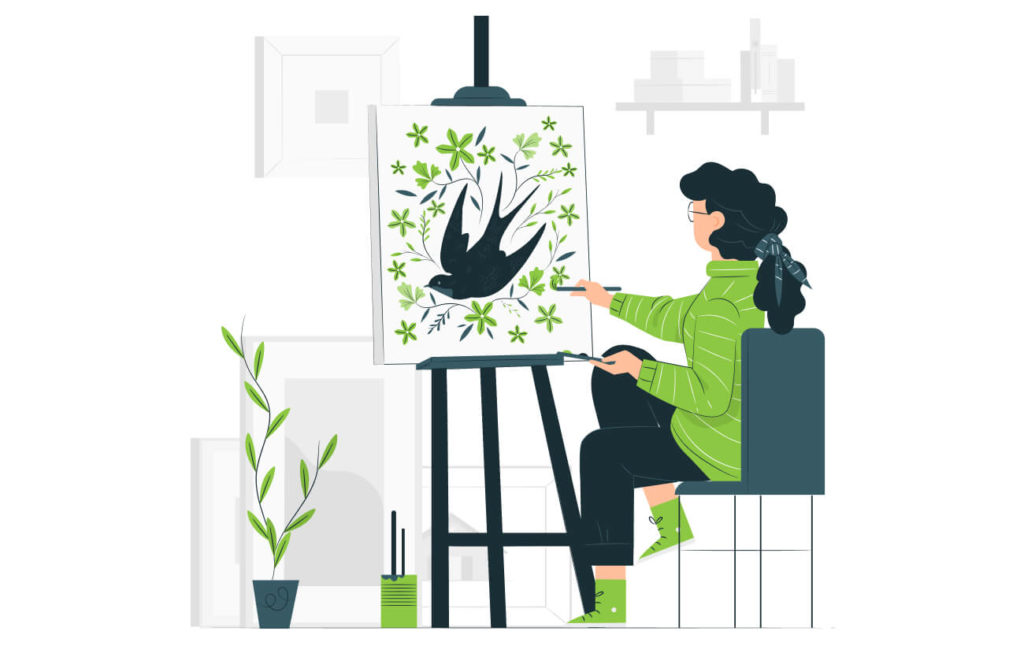Wine, Pasta, and Donuts: Pushing Past Our COVID Coping Impulses

Most of us will never forget the great toilet paper shortage of 2020. But, even as the store shelves were restocked and life slowly returned to normal, many of the bad habits developed during the pandemic linger for some. Bizwomen reported that sales of alcohol, CBD products, comfort food, and sweets all saw a boost starting in March 2020.
Practice Moderation
Coping behaviors are impulses that provide temporary relief. As a response to a stressful experience—a tough day at work, for example—they let us feel comforted. With pandemic isolation, the occasional “self-care” choice may have evolved into bad habits for many people.
If this sounds familiar, you’re not alone. The first step is to recognize that you might be overdoing the comfort care. Maybe wine with dinner on Fridays has turned into every dinner plus some breakfasts and lunches. A small dish of ice cream that used to be an occasional treat has grown to a pint-a-day dessert. Or perhaps you used to enjoy all types of salads, and now you find yourself eating boxed mac and cheese a few times a week.
A Healthy Rebound
When healthy moderation gives way to negative habits, the first step is to regain control of the situation. It’s natural to think of the pandemic as something that happened to us, but we control how we react to the situation.
Doctors at Johns Hopkins suggest that building these skills and practices can help you cope with the stress from the pandemic in a healthier way—and end your dependence on your comfort behaviors:
Go outside. Sunshine—even in cooler temperatures—can help improve your mood as can time observing the natural world, whether it’s snowy, sandy, or green.
Pray or meditate, both alone or safely connected to your faith community. Practice yoga or mindfulness to help both your mind and body relax.
Connect with friends in whatever manner is available, even if it’s phone or video.
Stay physically active, whether with videos at home or your regular routine on the roads or trails—and think of food as fuel for those efforts. A diet high in vegetables and protein can help stabilize mood, while one heavy in sugars has the opposite effect.
Manage your time better by separating work and personal time and limiting how much TV, news, and social media you’re consuming.
Practice art, whether you’re learning something new, creating a masterpiece, or practicing an instrument.
Read a book or magazine that has nothing to do with the news. Choose something new in fiction or a nonfiction topic that’s new to you.
Think positive… and while you’re at it, focus your thoughts and actions on helping others.

Always remember that self-care and the occasional indulgence can be an important part of how you deal with the effects of the pandemic. Just do your best to keep them from becoming a habit.
Need a hand building a healthier pattern? CDPHP is here to help and offers a wide range of programs and services to treat mental health and substance use disorders. Among them, a new partnership with aptihealth provides members* with quick, convenient access to personalized therapy, all from the comfort of your home.
*some employers who self-insure may not have this benefit. If you are unsure if your plan includes this benefit, please contact CDPHP member services.
 The Daily Dose
The Daily Dose
Comments are closed.